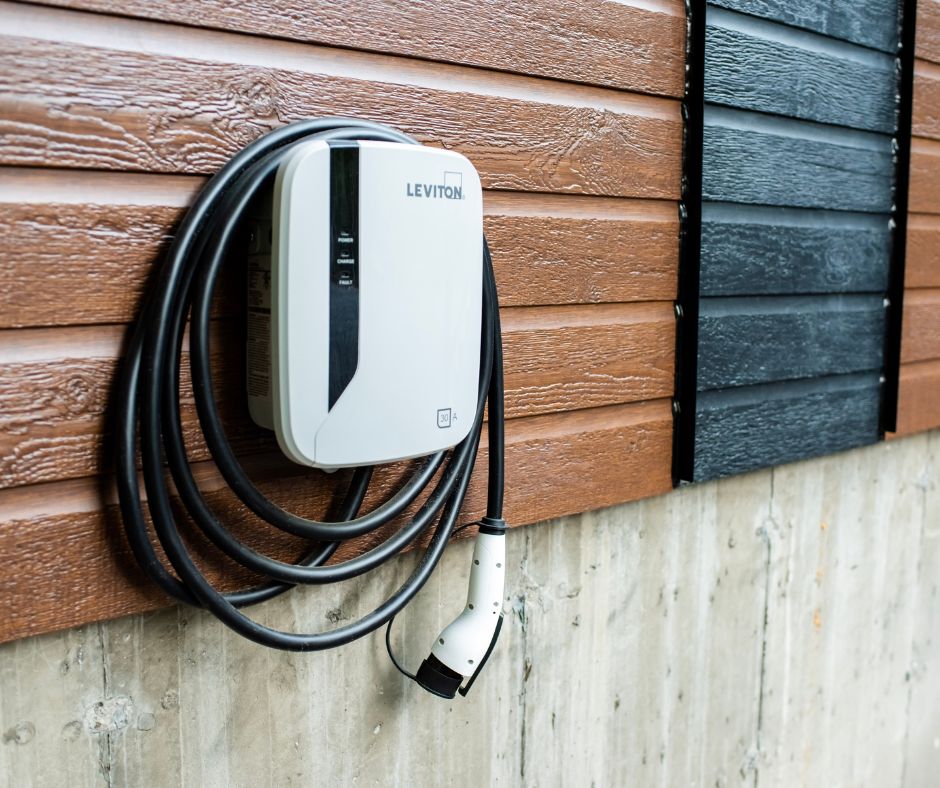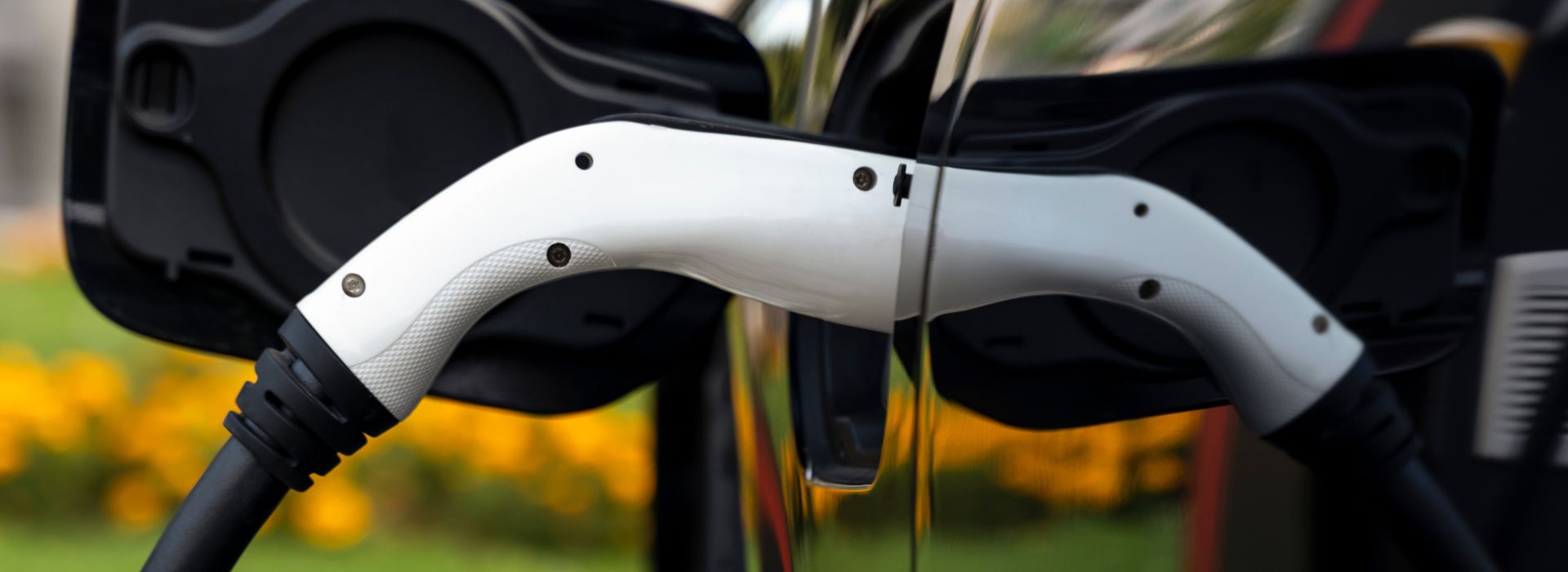If you own an electric vehicle, you’ll need to use an EV charger to recharge its battery. So, what’s an EV charger? Simply put, an EV charger is a device that supplies electric energy for the recharging of electric vehicles. These chargers come in various types, including home chargers and public chargers.
The installation of an EV charger at home requires a certified electrician to ensure safety and compliance with local regulations. EV charger installation requires careful consideration of the power supply, location, and the type of charger suitable for your electric vehicle. It’s essential to choose a charger that’s compatible with your EV car to ensure efficient and safe charging.
If you’re looking to install an EV, please don’t hesitate to contact us. Our expert team will be happy to help.
Types of EV chargers
There are a number of different types of EV chargers, each designed for specific charging needs and locations. Type 1 chargers are the most basic, using a standard 120-volt household outlet to provide a slow charge, making them a suitable home charger.
Type 2 chargers, on the other hand, require a 240-volt outlet and can charge an electric vehicle much faster than a Type 1 charger, making them ideal for home charging or public charging stations.
DC fast chargers are the quickest option, providing a high-powered charge that can replenish an electric vehicle’s battery to 80% capacity in as little as 30 minutes. These are commonly found at public locations and along highways for quick top-ups.
Additionally, wireless chargers are becoming more popular, allowing for convenient charging without the need to physically plug in the vehicle.
Each type of charger has its own benefits and is suited for different charging scenarios, so it’s important to consider your charging needs when selecting the right EV car charger for your electric vehicle.
UK regulations and standards
Considering UK regulations and standards when installing an EV charger is essential for compliance and safety. In the UK, EV charging installations must adhere to the IET Code of Practice for Electric Vehicle Charging Equipment Installation. This code outlines the requirements for installation, inspection, testing, and maintenance of EV charging equipment.
In short, the UK requirements for the installation of the electric car charger are as follows:
- Off-street parking must be available
- The charger must be installed on your property
- Installation is completed by a qualified electrician
- Wifi is required to connect to the charger
- The charging unit must be at least 2 metres away from the road
- You must have a compliance certificate after installation
- There must be a fuse box
- The charger cannot exceed 2.3 metres in height
Furthermore, the Office for Low Emission Vehicles (OLEV) provides guidance on the requirements for eligible charge points to receive government grants. By following these regulations and standards, you can ensure the safety, reliability, and compliance of your EV charging installation, whether it’s for a private residence, workplace, or public location.
Integration with Renewable Energy
To integrate your EV charger with renewable energy, it’s important to ensure compliance with relevant standards and regulations while maximizing the use of sustainable power sources.
First, consider installing solar panels or wind turbines to generate clean electricity for charging your electric vehicle. You can reduce your carbon footprint and contribute to a more sustainable environment by harnessing renewable energy sources.
Keep in mind that integrating your EV charger with renewable energy requires careful planning and coordination to ensure that the system operates efficiently and in accordance with local regulations.

Advantages of EV charger installation
Electric cars and EV chargers come with a lot of advantages, such as:
- Convenience: having an EV charger allows electric car owners to charge their vehicles overnight or during work hours without needing to visit public charging stations.
- Home EV charging typically costs less than using public charging stations or gasoline. Over time, the savings on fuel expenses can offset the initial investment in the charger installation.
- Electric cars produce fewer emissions than traditional gasoline-powered vehicles. Charging from renewable energy sources further reduces carbon footprint, contributing to environmental sustainability.
- Installing an EV charger can enhance the value of a property, especially as the demand for electric vehicles continues to grow.
There are, of course, a number of other advantages to having an electric vehicle charge point, such as access to government grants.
Electric Car Charger Installation
Having a charging point attached to your house or your business’s property can hold a great deal of advantages for both you and the overall environment. So, if you’re considering getting an EV charger installed, please don’t hesitate to consult our team for proper installation and adherence to regulations.
At Cooper Weston, we are approved installers for the following electric vehicle chargers:
- Sync EV
- Pod Point
- RolecEV
- Anderson







